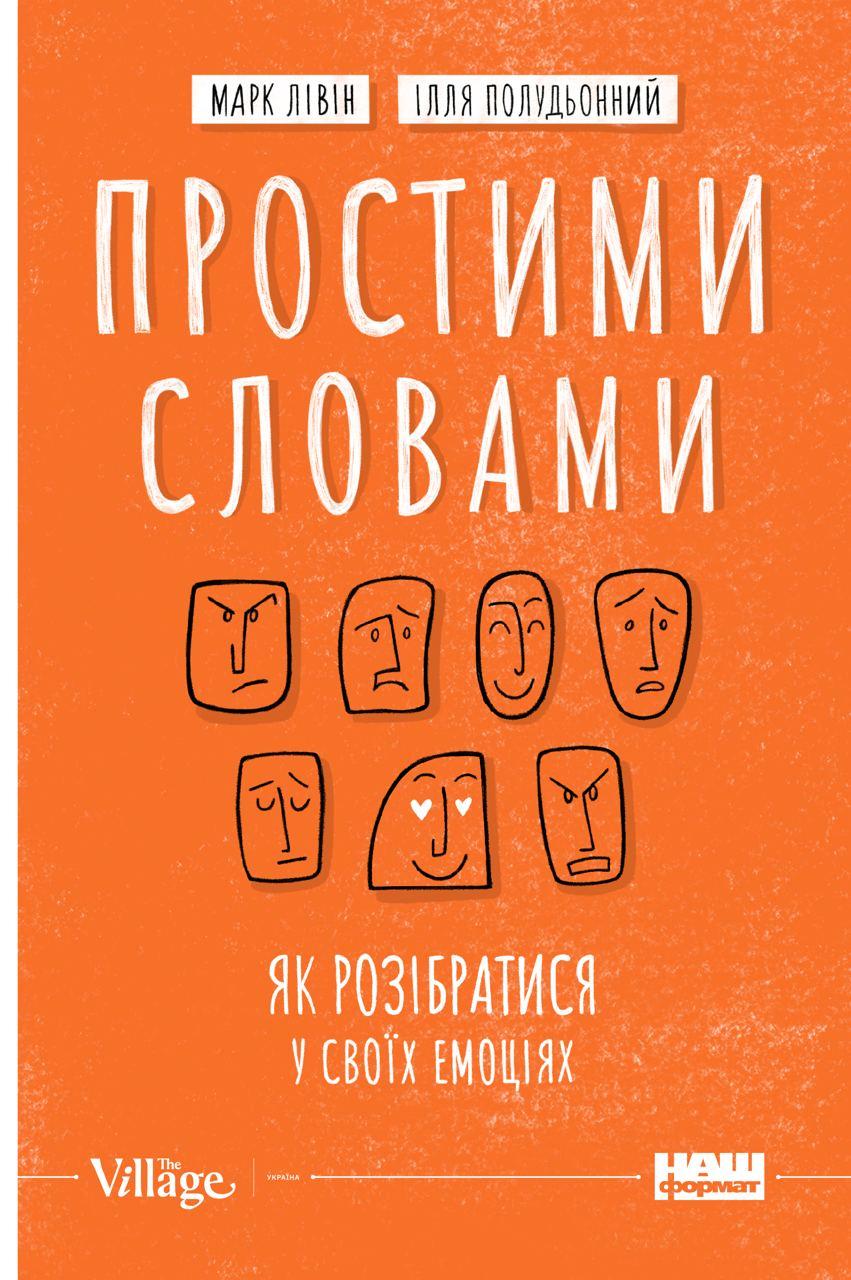Читати книгу - "Genghis Khan and the Making of the Modern World"
Шрифт:
Інтервал:
Добавити в закладку:
In the continuing political struggles at the center of the empire, the fringes began to unravel. With his great love of metaphors, Juvaini wrote that “the affairs of the world had been diverted from the path of rectitude and the reins of commerce and fair dealing turned aside from the highway of righteousness.” He described the land as being in darkness, “and the cup of the world was filled to the brim with the drink of iniquity.” The Mongol people and their subjects, “dragged now this way, now that, were at their wits’ end, for they had neither the endurance to stay nor did they know of a place to which they might flee.”
After the brief respite of Guyuk’s rule, the battle of the surviving queens resumed, even more intensely, as Guyuk’s widow Oghul Ghaimish stepped forward to take control of the empire just as her mother-in-law Toregene had done when Ogodei died. Oghul Ghaimish lacked the skills of her mother-in-law, and the hour would not belong to her, in great part because her own sons set up rival courts to challenge her right to rule as regent. Sorkhokhtani, with the full support of her four capable sons and a lifetime of preparation and waiting, finally made her move. Rather than wait for Guyuk’s widow to call the khuriltai at the capital of Karakorum, Batu Khan, at the instigation of his secret ally Sorkhokhtani, called it in 1250 for an area near Lake Issykul in the Tian Shan Mountains, outside of Mongolia and more convenient for him to reach. The khuriltai elected Sorkhokhtani’s eldest son Mongke, but the Ogodei family boycotted the election on grounds that a legitimate election had to be held in Mongolia proper, in particular in the capital of Karakorum, which their family controlled.
Undaunted, Sorkhokhtani devised a brilliant plan. She lacked access to the imperial capital, but as the widow of Genghis Khan’s youngest son, she controlled the ancient family homeland where Genghis Khan had been born, elected, and buried. No one could refuse to attend a khuriltai held on this sacred ground. Her ally Batu Khan could not make the long trip from Russia, but he sent her a bodyguard of thirty thousand troops under his brother Berke to protect her and her family through this election and installation process. She organized a second election for this hallowed spot, and on July 1, 1251, the assembled throng proclaimed the forty-three-year-old Mongke Grand Khan of the Mongol Empire. This time, no one could object to the venue.
To celebrate the occasion of his election, Mongke issued an order that for that day each person should rest, and the animals should not be made to work or carry burdens. The earth should not be pierced with tent pegs and water should not be polluted. No one could hunt wild animals, and those animals that were to be killed for feasting should be killed without shedding blood on the sacred earth. After the sacred day, a week of feasting followed. Each day of the festivities, the assembled guests consumed three hundred horses or oxen, three thousand sheep, and two thousand wagons filled with airak, the beloved alcoholic drink made from fermented mare’s milk.
The celebration marked the culmination of Sorkhokhtani’s lifework, and, in one sense, the celebration was more of an honor for her than anyone else. Whereas Genghis Khan himself had produced sons who were relatively weak, prone to drink, and self-centered, she had produced and trained four sons destined to make a major mark in history. Each of her sons was a khan. In the coming years Mongke, Arik Boke, and Khubilai would all carry the title of Great Khan for various lengths of time, and her other son, Hulegu, would become the Il Khan of Persia and the founder of his own dynasty there. Her sons would push the empire to its maximum size by conquering all of Persia, Baghdad, Syria, and Turkey. They would conquer the Chinese Sung dynasty in the south and push into Vietnam, Laos, and Burma. They would destroy the dreaded sect of the Assassins and execute the Muslim caliph.
The family of Ogodei and Guyuk arrived late at the khuriltai, after the election itself but in the middle of the celebration. The three important princes of Ogodei’s family suddenly strode into the tent to announce that they wished to pay obeisance to the new khan. The new khan had them all arrested and put in chains because his spies already reported that their arrival was a ruse to distract the court while other members of the family gathered nearby to prepare a sneak attack on the celebrating, and therefore inebriated, throng. Mongke easily captured the would-be attackers and began another round of trials. He could not torture or shed the blood of any descendant of Genghis Khan, but he had their advisers, mostly Muslims and Chinese, brought in for a torturous whipping with canes until they confessed against their masters. At the end of the trial, the new khan found his cousins guilty of various crimes. Two of the princes had their mouths stuffed with stones and dirt until they died. Some of the advisers committed suicide. In all, Mongke executed seventy-seven people within or close to Ogodei’s lineage.
While Mongke oversaw the trials of the men, his mother tried the women in her court. Sorkhokhtani ordered the arrest of the hapless regent Oghul Ghaimish Khatun, and in an only slightly milder replay
Увага!
Сайт зберігає кукі вашого браузера. Ви зможете в будь-який момент зробити закладку та продовжити читання книги «Genghis Khan and the Making of the Modern World», після закриття браузера.

